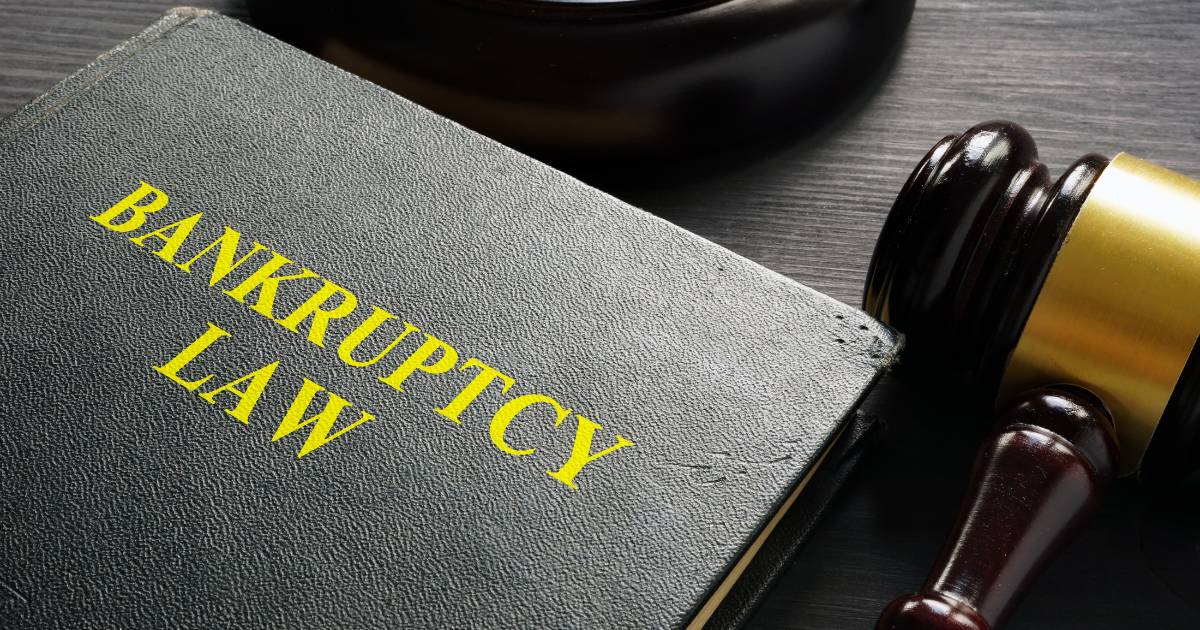· Bankruptcy · 4 min read
Understanding Bankruptcy Laws for Businesses in India: A Lawyer’s Perspective
Understand key aspects of bankruptcy laws for businesses in India from a lawyer’s perspective. Learn legal procedures, rights, and recovery options.

When a business begins to crumble under financial pressure, the legal framework surrounding insolvency and bankruptcy becomes a crucial roadmap for recovery or closure. As a lawyer who regularly advises companies navigating this complex process, I’ve seen firsthand how vital it is for business owners to understand their rights, obligations, and options under Indian bankruptcy law.
This article provides a professional yet accessible overview of bankruptcy laws for businesses in India, designed to help you make informed decisions in difficult times.
What Is Bankruptcy in the Context of Indian Businesses?
In India, the term “bankruptcy” is often used interchangeably with “insolvency,” but they aren’t exactly the same. While insolvency refers to a financial state where liabilities exceed assets or obligations can’t be met, bankruptcy is a legal declaration of this state—usually followed by court proceedings.
For businesses, particularly companies and LLPs, the Insolvency and Bankruptcy Code, 2016 (IBC) is the key legislation governing this process. The IBC consolidated earlier fragmented laws and established a time-bound framework for resolving insolvency.
Key Features of the Insolvency and Bankruptcy Code (IBC), 2016
The IBC is applicable to:
Companies
Limited Liability Partnerships (LLPs)
Partnership firms
Individuals (in certain conditions)
Some of its notable features include:
Time-Bound Resolution:
The IBC mandates a 180-day period (extendable up to 330 days) to resolve corporate insolvency. This ensures swift action and protects business value.Corporate Insolvency Resolution Process (CIRP):
Once an application is accepted by the National Company Law Tribunal (NCLT), an Interim Resolution Professional (IRP) is appointed, and a moratorium is declared, stopping all legal proceedings against the company.Role of Creditors:
The Code puts significant power in the hands of financial and operational creditors, allowing them to initiate insolvency proceedings if a payment default of ₹1 crore or more occurs (thresholds may vary based on amendments).Liquidation:
If the resolution plan fails or is not approved, the business goes into liquidation. This means assets are sold, and proceeds are distributed to creditors as per a specific hierarchy.
Common Reasons for Business Bankruptcy
From my experience as a business lawyer, here are some of the frequent causes that push businesses toward insolvency:
Poor financial management
Excessive debt and over-leverage
Market downturns and disrupted cash flow
Legal liabilities and unresolved disputes
Non-compliance with statutory obligations
Early legal intervention can often prevent these issues from escalating.
The Role of a Business Lawyer During Bankruptcy
If your business is under financial distress, consulting a qualified lawyer is essential. Here’s how legal counsel can support you:
Evaluating Viability: Assess whether your business can be revived or needs to be liquidated.
Filing Applications: Drafting and submitting necessary filings before NCLT.
Representation: Advocating on your behalf during CIRP and liquidation proceedings.
Negotiating with Creditors: Working towards an acceptable resolution plan that satisfies key stakeholders.
At LawyerForum, we specialize in providing tailored legal solutions for businesses at every stage from formation to insolvency.
Key Takeaways for Business Owners
Understand Your Financial Position: Early signs of insolvency shouldn’t be ignored. Regular audits and legal reviews can keep you informed.
Act Proactively: If you’re at risk of defaulting, consult a business lawyer immediately to explore your options before creditors act.
Know Your Legal Options: From restructuring debts to voluntary liquidation, there are several pathways—each with legal consequences.
Protect Your Reputation and Assets: A properly managed insolvency process can safeguard directors and stakeholders from unnecessary liability.
Final Thoughts
Business bankruptcy is undoubtedly a tough terrain, but with a clear understanding of the IBC and strong legal guidance, it can be navigated strategically. As a professional who’s handled numerous such cases, my advice is simple: don’t wait until it’s too late. A well-informed decision today can save years of financial and legal trouble tomorrow.
For expert legal advice on business insolvency or to discuss your specific situation, feel free to reach out through our Business Lawyer Services page.
Need Legal Guidance?
Visit LawyerForum.in to explore our full range of legal services including property law, intellectual property, cyber crime, and more.



